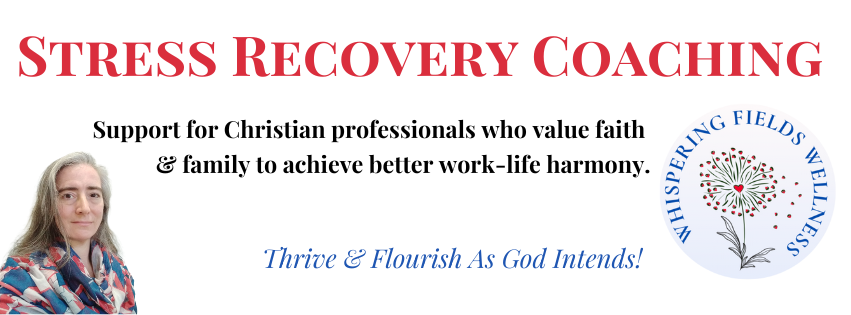Why?
Americans regularly purchase and eat ultra processed foods that are banned in other countries. These foods contain ingredients that are banned elsewhere for safety concerns. This is one of the risks of eating ultra processed foods, instead of simpler processed foods (aka eating clean, real foods) or ancestral food like generations of humans did before the modern era. Why are food companies feeding ingredients with safety concerns to the American consumer? If there are safety concerns, shouldn't they be removing the ingredient across the board?
Initial Approval of Ingredient
A lot of ingredient innovation gets approved by the FDA before any other markets. There are safety study requirements, but they are often short term studies that isolate the ingredient impact. Also, all of these initial studies are conducted by the ingredient manufacturer and/or the food company that will use the ingredient. They have a specific interest in demonstrating safety & efficacy.
The alternative to get a new ingredient approved is to go for GRAS (Generally Regarded As Safe) status. This does not require a safety study. GRAS status approval requires that the ingredient be naturally present inside an item with a long history of being consumed by humans. For example, two of the newer alternative sweeteners allulose & tagatose are both naturally present in certain fruits.
GRAS approval shortcuts the safety study and raises multiple questions.
- One of the concerns with this approach is that when these compounds are isolated from anything else in the food that supports digestion / assimilation. How will this isolated ingredient impact microbiome, cells or any biochemical processes?
- The other concern is that the quantity consumed is significantly greater than what the body would naturally be exposed to eating the whole food. Going back to tagatose, to eat 1 gram of tagatose you would need to eat 100kg of apples! In the real world, no one would do that in a day, so is that dose really safe?
- A final concern is that these are often not manufactured as natural extracts, but refined. For example, tagatose is not extracted from apples but from GMO dent corn or the newest stevia extract is made from bio-fermentation and not from the stevia plant. Doesn't this mean they are "artificial?"

Common Sense Concerns with FDA Approach
There are some obvious concerns that come to mind with the FDA's approval process that go beyond the GRAS application.
- Outside the controlled clinical short term study, there is a lot greater variety of people, more complex consumption of the new ingredient from many sources and interactions with many other foods, medicines or environmental exposure and people can consume an ingredient over a lifetime!
- There is a lack of independent non-biased research at the time of the ingredient submittal. It is only after an ingredient or product has launched, more independent agencies can study it.
- The other markets, like the EU, has a different approval processes and require more data. Frequently there is a long lag between US and EU approval, meanwhile many Americans are consuming the ingredient as the additional safety studies are being conducted.
Yet the FDA is so "swamped," they RARELY go back to revisit a review of ingredient safety. It only occurs when there is very heavy pressure, like with trans fats and now with multiple states starting to ban ingredients due to inaction at the federal level. There are also disconnects between different regulatory bodies. For example, BHA, a commonly used artificial preservative in food and cosmetics, is on the NIH testing and monitoring list as "Reasonably Anticipated To Be Human Carcinogens." Doesn't this mean it should be removed from products we eat or apply to our skin?
What Can I Do About It?
You can lobby your state legislators as the topic comes up. Or you can sign petitions to get companies to respond? But neither addresses what your family is eating today. This is where you can make a decision as a consumer about what you want your family to eat. Do you want to wait for the FDA, state governments, medical associations, lobbyists and scientists to fight it out? Or decide that these are probable toxins and not allow them in your home?
Vote with your fork (and your wallet)! Interested in escaping the snack pack and picking better for you options, here's a free guide!


